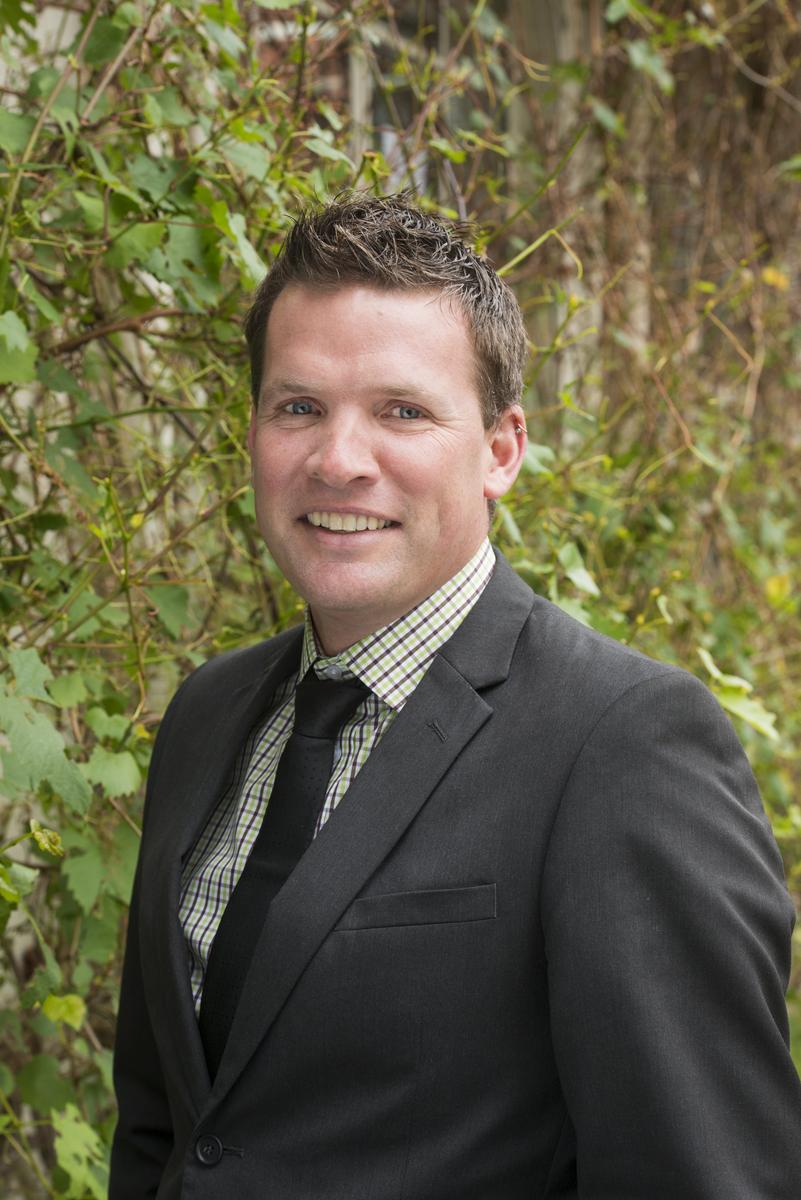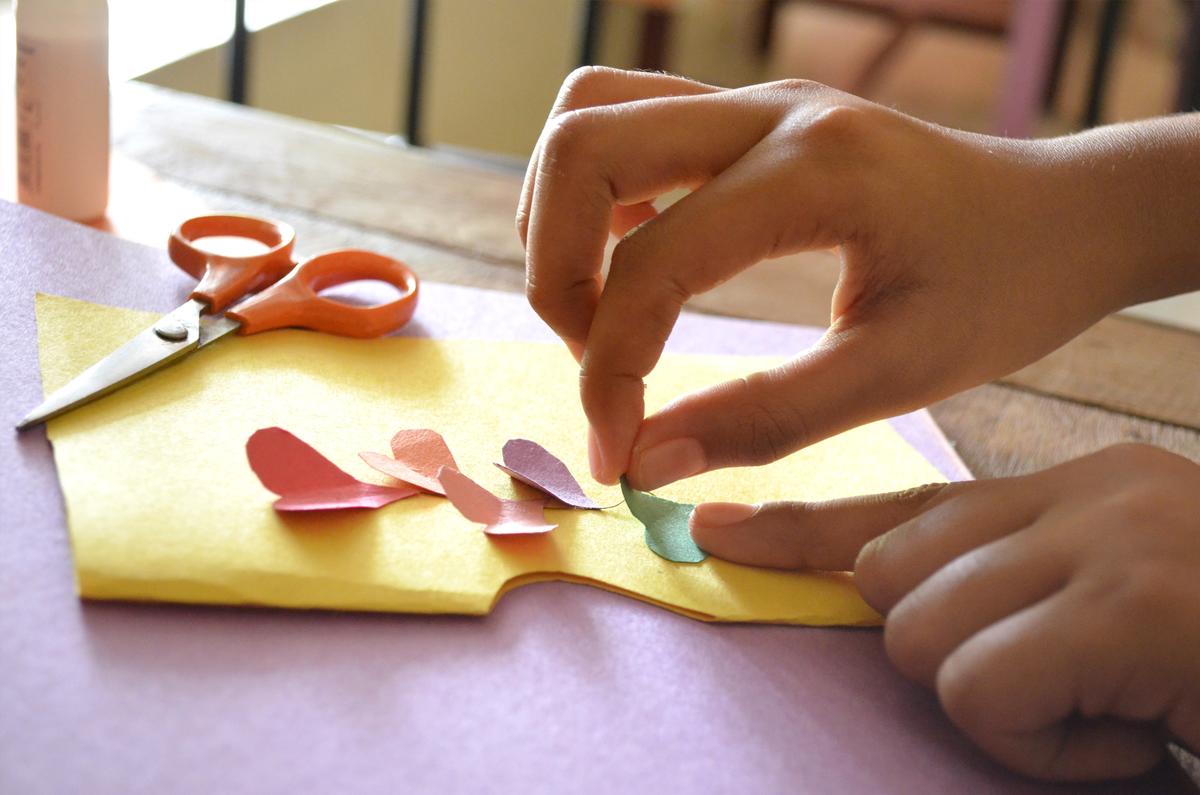From Your Leadership Team
Goldstein School Leaders Event, March 2018

From Your Leadership Team
Goldstein School Leaders Event, March 2018


Matt Brinson, Head of Senior School
In the previous issue of ITK, Principal Jon Charlton wrote about whether or not to ban mobile phones at School. Student and technology use is a topic that is always asked about at our Parent Nights.
Therefore, I would like to address the topic of how we can help our children, as well as ourselves, become more responsible technology users.
These days, we rarely see a teenager without some sort of technological device at their fingertips. And it’s hard to know where the line falls between safe, rewarding use and overuse or misuse of technology.
Technology has increasingly become an essential part of everyone’s lives, and our young people – often referred to as ‘digital natives’ – haven’t known it any other way. They live much of their lives online from the internet and social media, to phones, apps, games, television and various other technologies; it’s easy for them, and us, to be overwhelmed when trying to use technology responsibly.
ReachOut
ReachOut is an Australian online service that provides specifically targeted information for parents and students. Despite the plethora of research that the internet can be a bad place, there are potential benefits for teenagers also.
ReachOut reports that young people love going online, and for very good reason. By using the Internet, they can easily access information to inform and educate themselves, maintain and develop supportive relationships, form their identities (through self-expression, learning and talking) and promote a sense of belonging and self-esteem through staying connected with friends and being involved in diverse online communities.
Positive Experience
Research shows that the things that help young people have a positive experience online are:
If young people understand what it means to be a good ‘digital citizen’, you have every reason to trust them with managing their own internet use, just as you trust them to act responsibly when they’re at School and out with friends.
Potential Risks
Some risks associated with being online are: cyberbullying, trolls (people who intentionally try to cause trouble online), people isolating themselves by spending too much time online, as well as viewing and posting inappropriate material. Being aware of these risks is the first step in helping your teenager to manage them.
The potential risks online are similar to those young people can experience at school, home and in the community. Just as teenagers need to have good boundaries and rules for offline behaviour, and the guidance and morals to make good decisions, they also need these things to protect them when online.
Two hours used to be the golden rule for the amount of screen time young people should be allowed per day. That’s now being revised because it just isn’t realistic in the modern world where technology is used for education and social networking, as well as for entertainment.
It’s more important to set limits on recreational screen time, and to focus on the quality of what your children are doing on their devices.
For more information on this and other topics such as peer pressure, anxiety, alcohol and stress, please visit the ReachOut website.


Just a friendly reminder to all Junior School and ELC parents that Kilvington has extended our after-school program with a before-school care program.
The program is run by our current provider – Extend and is provided from 7.30am to 8.45am for ELC students, and 7.30am to 8.25am for Junior School students, Monday to Friday.
Students are supervised by qualified staff and participate in a range of indoor and outdoor activities.